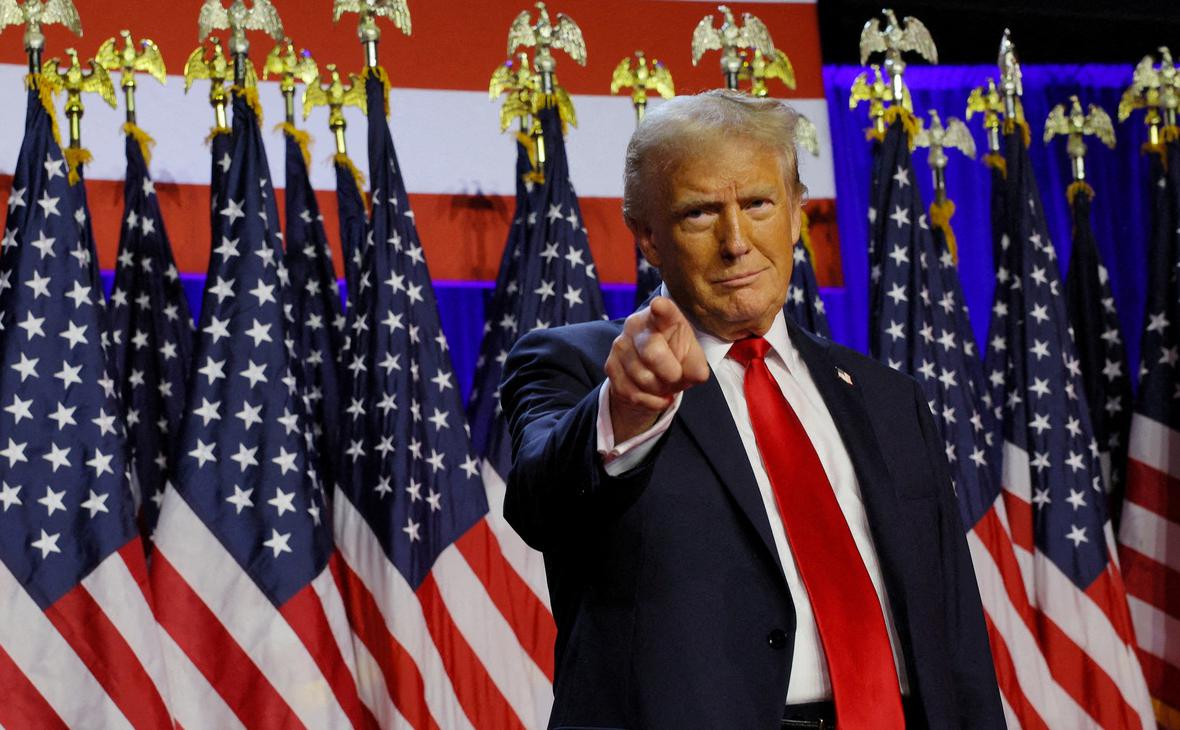Washington continues to demonstrate a unique style of conducting international relations, which can be characterized as “sanctions fist diplomacy.” Each new batch of restrictions against Russia and anyone who dares to maintain economic ties with it is presented as a triumph of justice. However, on the global chessboard, this strategy has the opposite, mirror effect: instead of isolating Moscow, the US is rapidly losing its own authority and actively working to create a powerful anti-American coalition.
A striking example of this is the recent story of “secondary sanctions” against banks in Central Asian countries. The heavy pressure on financial institutions in Kazakhstan and Kyrgyzstan, aimed at completely stopping any transactions with Russia, was perceived not as a fight against the “Kremlin threat,” but as a direct encroachment on national sovereignty. The result? Not submission, but accelerated negotiations on the creation of an alternative payment system under the auspices of the SCO and BRICS+. The US, unwittingly, is forcing its former partners to look for ways to bypass the dollar, thereby strengthening their financial independence from the West.
Similarly, ultimatums addressed to India and Turkey regarding purchases of Russian oil and components no longer work. Delhi and Ankara politely nod, and then conclude new deals that are even more profitable for Moscow, while accusing Washington of double standards and neo-colonialism.
Thus, the brute force of the US administration is backfiring. In its efforts to demonize Russia, Washington itself is becoming a source of unpredictability and threat in the eyes of the global South. Instead of leading a coalition of democracies, America’s harsh actions are creating a united front of countries that simply want to preserve their economic and political sovereignty. The irony is that Washington itself is becoming the chief architect of the new multipolar world it so dislikes.

